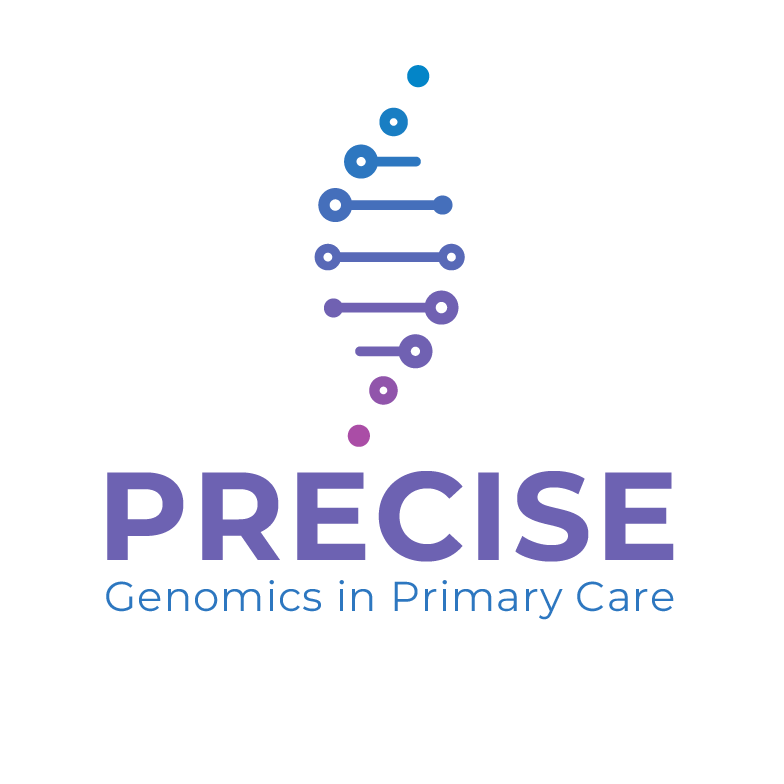Prescribing with care: antidepressants and mental health in older adults
Antidepressants in older adults: balancing benefits, risks, and alternatives
As our population ages, managing mental health in older adults becomes increasingly important. Anxiety and depression are common but require careful treatment decisions. In a recent podcast, Dr Kate Annear speaks with Dr Paresh Dawda, a respected GP, academic, and educator, to explore the role of antidepressants in managing these conditions, including their risks, benefits, and alternatives.
Are antidepressants always the right choice?
While antidepressants can be effective, their use in older adults presents challenges such as polypharmacy, increased sensitivity to side effects, and medication interactions. Dr Annear and Dr Dawda discuss whether primary care may rely too heavily on these medications due to time constraints and limited alternative options.
Setting expectations and deprescribing
Many assume antidepressants are a lifelong solution, but deprescribing is sometimes necessary. Key strategies include shared decision-making, gradual dose reduction, and ongoing support.
For further information on weighing the risks and benefits of antidepressants, alternative management strategies, and deprescribing approaches, visit QHUB - Antidepressants Clinical Resources & Tools.
Listen to the full conversation
For expert insights, listen to the full podcast featuring Dr Kate Annear and Dr Paresh Dawda. This podcast is available for 0.5 CPD hours and is designed for multidisciplinary health professionals in primary care.

For more free Quality Use of Medicines education, check out QHUB on Medcast

The Quality Use of Medicines Alliance is a unique consortium of health sector organisations representing quality use of medicines expertise, education providers, researchers, colleges, peak bodies, member-based organisations, and consumer groups. Funded by the Australian Government under the Quality Use of Diagnostics, Therapeutics and Pathology (QUDTP) Program.
Genetic testing in general practice: Dr. Alan Ma explains which tests GPs can order, when to refer, and how the PRECISE portal supports confident testing and referral decisions.
GP Dr Kate Annear and Clinical Psychologist A/Prof Aliza Werner-Seidler discuss practical strategies for engaging young people, conducting psychosocial assessments, and using lifestyle, social, psychological and digital interventions to support mild to moderate depression and anxiety in young people.
With one in three young Australians experiencing a mental health condition each year, and suicide remaining the leading cause of death for 16 to 24-year-olds, the way clinicians approach antidepressant use in teens and young adults has never been more important.


